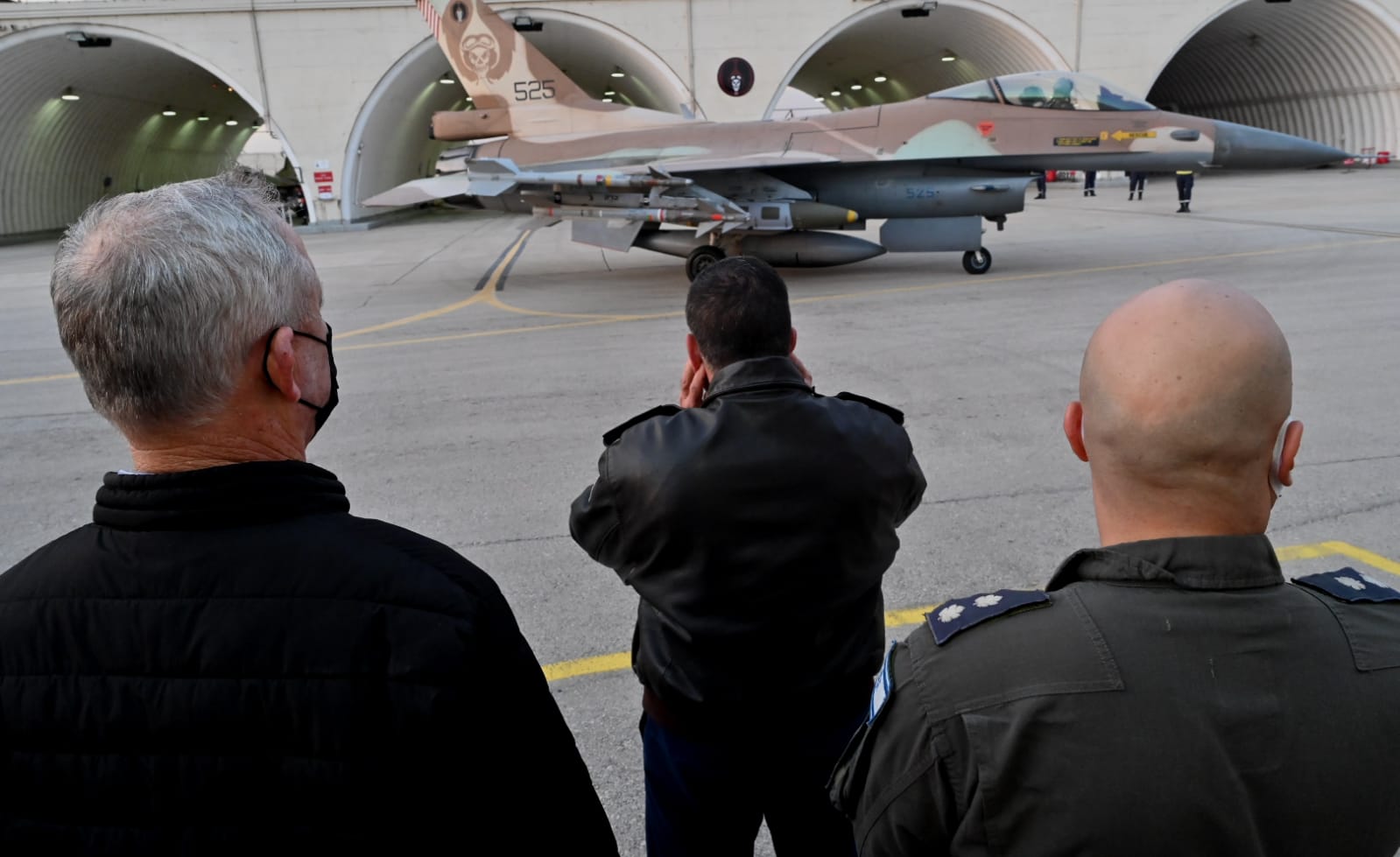All of this is irrelevant. Engagement is good, autonomy is good, none of it legitimizes the annexation without a clearly expressed majority will. Again I'll send you to the definition of self-determination which includes the right to sovereignty.Israeli. It doesn't matter how many people there are. The territory is annexed by Israel, and so they are in clash with Israeli citizens. They do however have the right to form parties, be elected, and advocate their opinions. In fact, there are now Arab MKs and there were Arab ministers in the government. Not sure if there is one today.
Contrary to your belief, there was deep engagement between the Israeli government and the local Golani communities and they got their demands. And they are about as pro-Israeli as they can get.
Some who remain loyal to Syria (on paper at least), have demanded to keep their Syrian citizenship and they got it. But they did not request to relocate to Syria or anywhere else.
You may not be aware, but in Israel there exists the concept of autonomy, and different groups have a high range of autonomy in Israel. Chief among them are Bedouins.
No, the illegitimacy is in the occupation. The question of Israeli statehood is well beyond the scope of this discussion, though it could be tangentially relevant to a broader conversation about statehood.The definition of the right to self determination fully applies to these people. They vote, get voted for, have significant presence in politics. They expressed their demands and got them.
Way to go about Israel somehow being illegitimate. I guess my existence is illegitimate, and pretty much the entire world.
I wanted to answer these two parts to avoid any misunderstanding of my position. I'm dropping the rest of this discussion since it will take down in a different direction. Feel free to PM me or make a thread in the off-topic forum for discussions of self-determination and how it would apply to the people of the Golan Heights.



